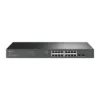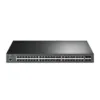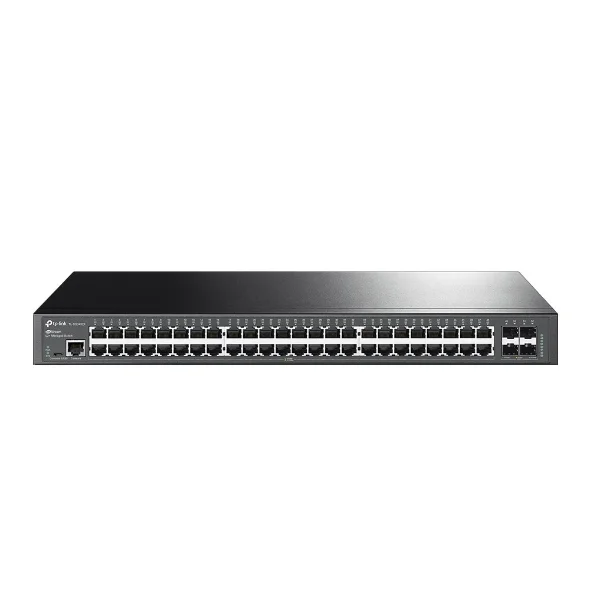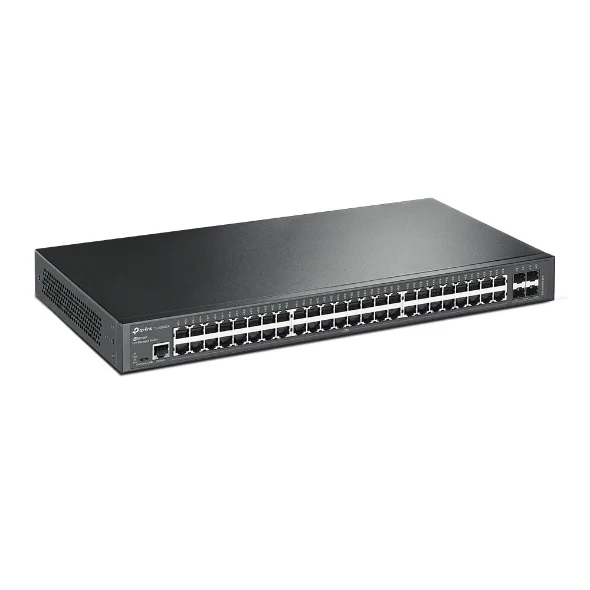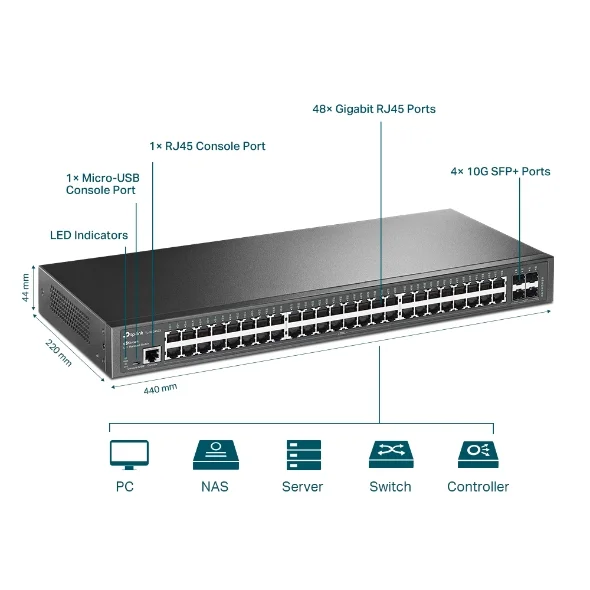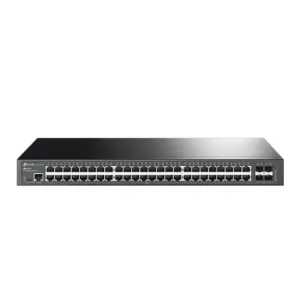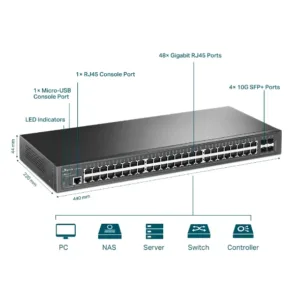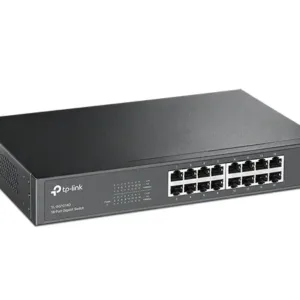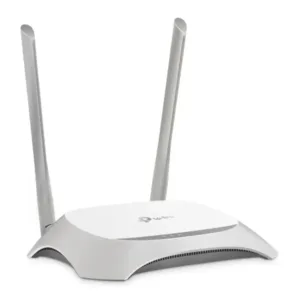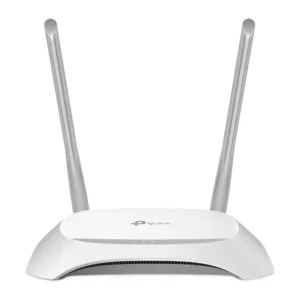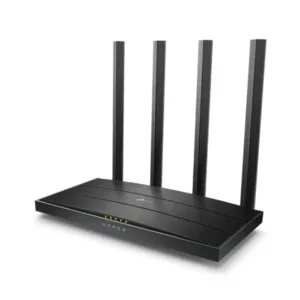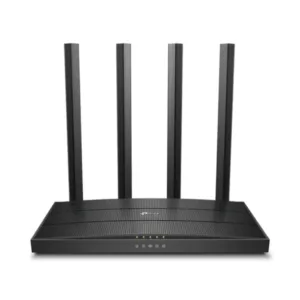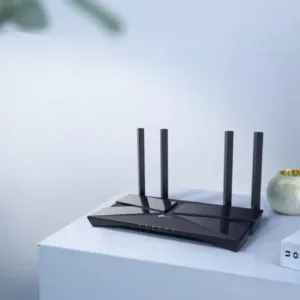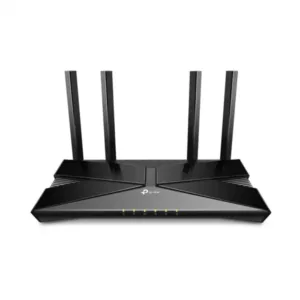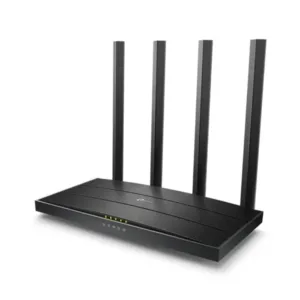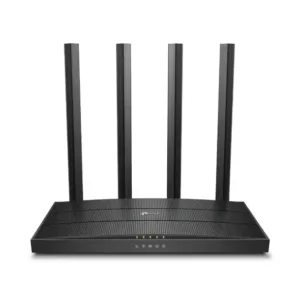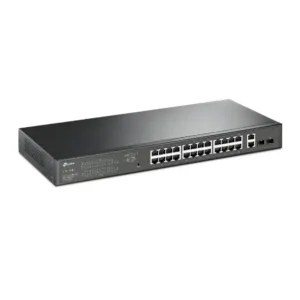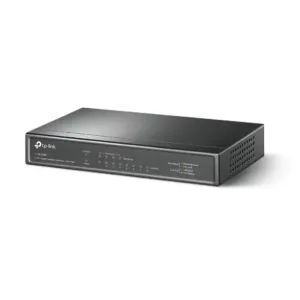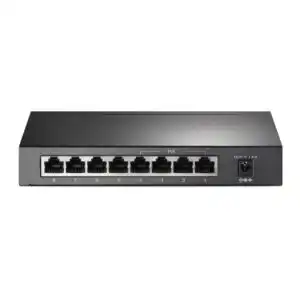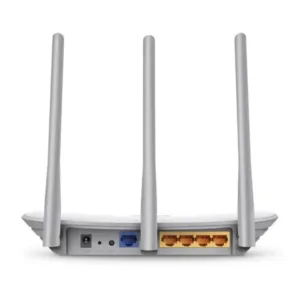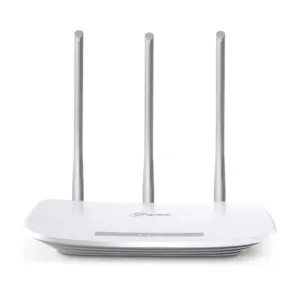TP-Link TL-SG3452X JetStream 48-Port Gigabit L2+ Managed Switch with 4 10GE SFP+ Slots (Black), VLAN Support of TP-Link Switch
🚚
Fast Shipping
🎧
24/7 Support
📦
15 Days Return
🚚 Fast Shipping All Over Pakistan
Yasir
✓
and — people purchased
★★★★★
5.0
(2.9k+ happy customers)
👁
21
People are viewing this right now
⏰ Hurry up! Sales End In
00
Days
00
Hours
00
Min
00
Sec
₨ 171,180 Original price was: ₨ 171,180.₨ 162,000Current price is: ₨ 162,000.
About The Gear:
Brand: TP-Link
Series: TL- JetStream
Model: TL-SG3452X
Color: Black
Recommended For: Medium to Large-Scale Networks, Businesses, Institutions
Product Description:
TL-SG3452X is a JetStream high-performance Gigabit L2+ Managed Switch of TP-Link. It has 48 Gigabit Ethernet ports that make it ideal for the Omada network, offering advanced switch features for TP-Link Pakistan.
TP-Link TL-SG3452X Gigabit L2 Managed Switch Key Features:
- 4x 10GE SFP+ Slots
- L2+ Managed Switch
- Omada SDN Integration 22
- Centralized Cloud Management
- Static Routing
Share to your buddy !

